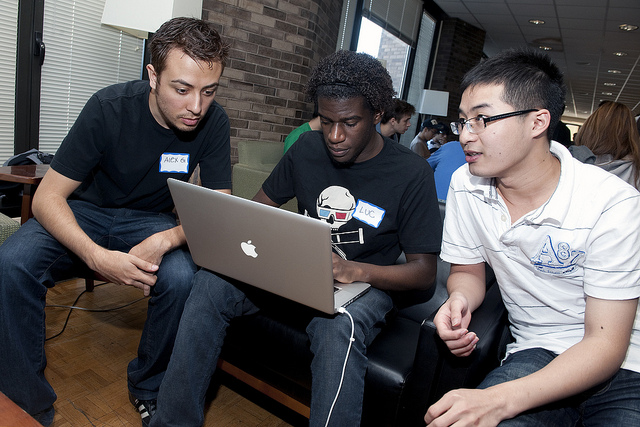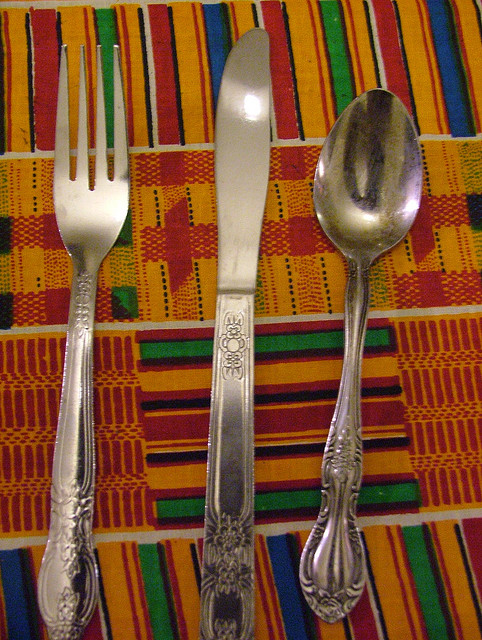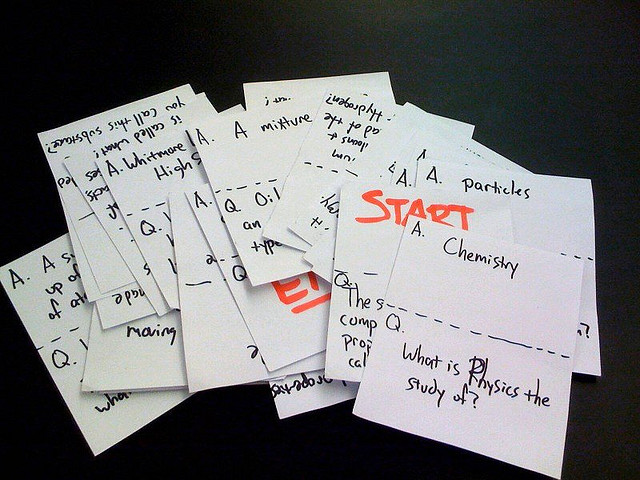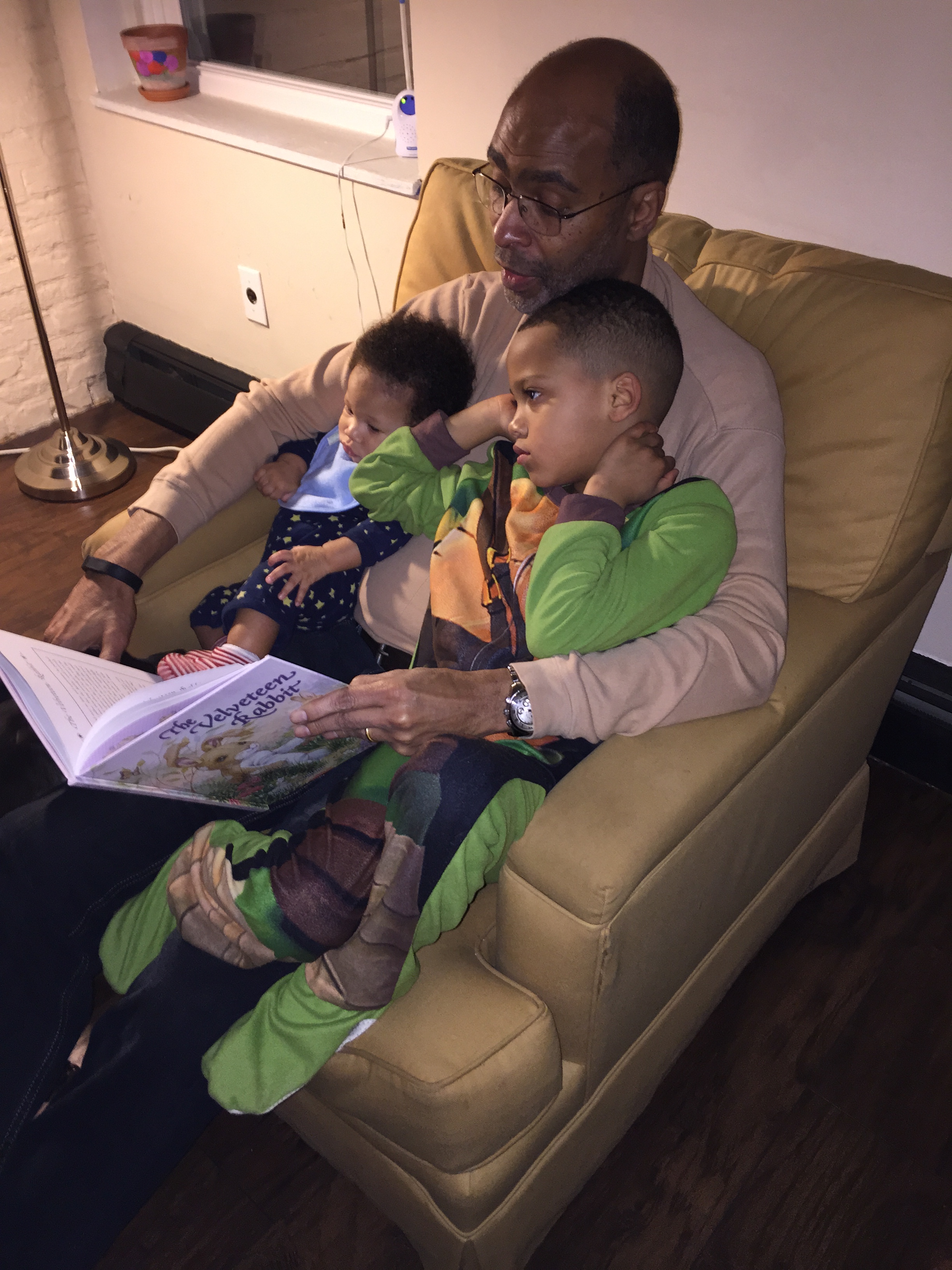
Studies have shown that one of the most important aspects of success in college is quickly fitting into the college experience and establishing personal and social relationships that help students succeed. These and other articles show how hard this can be for minority students at elite universities. While these universities have increased their enrollment of minority students but have not adequately addressed the huge socio economic differences between many of the minority students and students from much more affluent families. The differences affect personal and social relationships which, intern, affect the value of each student’s college experience.
The result can be isolation and a distorted view of their college experience. In his book, David and Goliath: Underdogs, Misfits, and the Art of Battling Giants, Malcolm Gladwell tells the story of a student who chose to go to an Ivy League university rather than a flagship state university. At the end of her first year, she ended up at the bottom of her class which made her feel completely inadequate. She was so used to being first in everything she couldn’t see that she was making it academically in a very exclusive world-class group of students, regardless of her position in the class. Without the personal, social and academic relationships with instructors she needed, she decided to change majors for something easier and give up her lifelong dream of being a medical researcher. This is a loss that could have been prevented. Unfortunately, she was admitted but felt left out and could not deal with this on her own. To admit, retain and graduate more minority students, elite colleges and university must do a better job of addressing this critical need for minority students.


 I just finished reading and
I just finished reading and 



